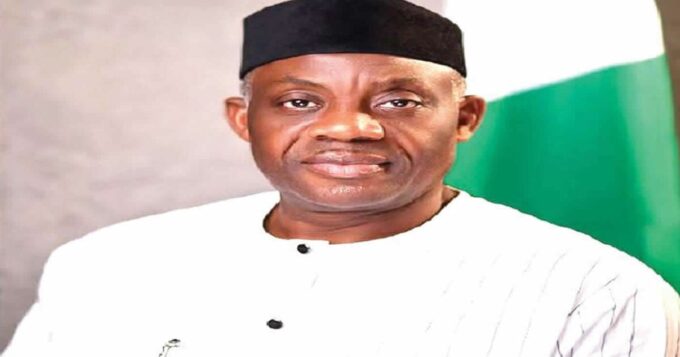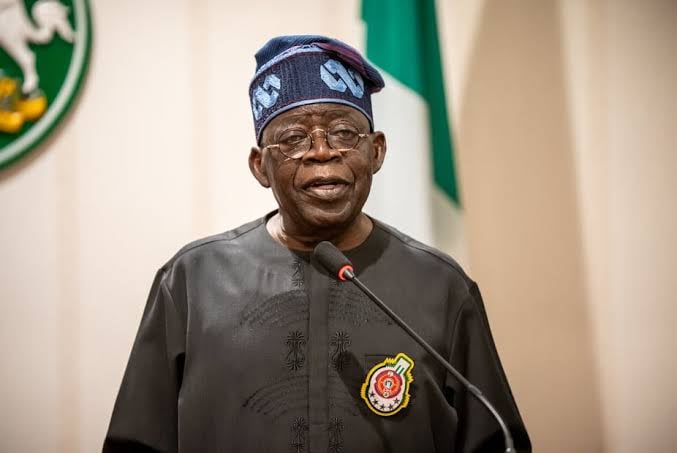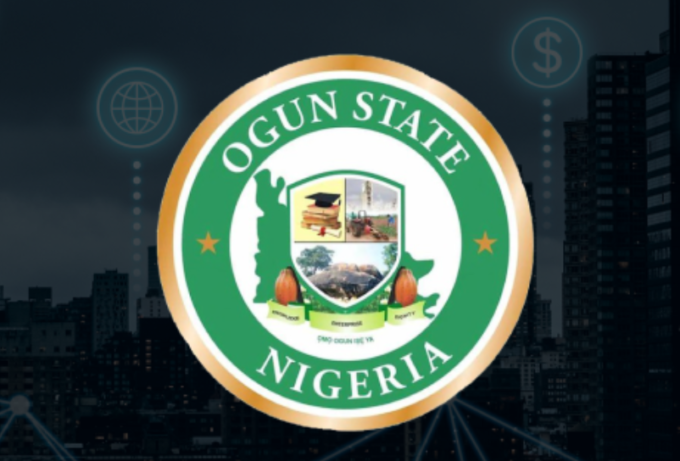…As SDR levies continue until 2029 despite settlement
By Chinwendu Obienyi
Nigeria’s full exit from its International Monetary Fund (IMF) debt commitments is being hailed by economic experts as a positive signal of renewed fiscal strength and a step toward a stronger sovereign credit profile.
They said it will significantly enhance the country’s sovereign credit profile, ease pressure on foreign reserves, and bolster investor confidence in its economic outlook.
However, despite settling its loan, the country will continue to face residual Special Drawing Rights (SDR) charges until 2029, highlighting the lingering financial aftershocks of past obligations.
The facility, obtained at the height of the COVID-19 pandemic under the Rapid Financing Instrument (RFI), was equivalent to $2.5 billion in Special Drawing Rights (SDRs), the full quota available to Nigeria at the time. The loan provided swift support to address the country’s widening fiscal deficit and a $14 billion balance of payments (BoP) shortfall triggered by a collapse in oil prices and global capital outflows.
The RFI is a lending facility under the IMF’s General Resources Account (GRA) that provides rapid financial assistance to member countries facing BoP distress. In essence, it is an easy-condition and quick-access emergency funding to support economies disrupted by external shocks. While the RFI can be denominated in SDR, it differs from the SDRs, which do not require repayment as they are IMF reserve assets that members can hold in their FX reserve to boost position or exchange for foreign currencies.
Following staggered repayments starting in 2023, the final tranche of 306.8 million SDRs was settled in April 2025, marking the completion of principal repayments within the IMF’s standard tenure window of 3.25 to 5 years.
However, despite the full settlement of the loan principal, Nigeria will continue to service residual IMF charges amounting to 106.8 million SDRs through 2029—estimated at N297.4 billion or $184.7 million at the current exchange rate of N2,784.21/SDR.
The Chief Executive Officer, Cowry Asset Management Limited, Johnson Chukwu, while commending the development, noted that the country’s exit from IMF debt obligations is a critical signal to global financial markets.
He added that it reinforces Nigeria’s ability to meet international commitments, strengthens its sovereign credit profile, and reflects an increasingly disciplined approach to economic management.
“While residual SDR service charges will persist until around 2029, the repayment of the principal places Nigeria on firmer footing with multilaterals and bilateral lenders alike — improving both investor perception and fiscal credibility”, he explained.
According to data from the Debt Management Office (DMO), the RFI accounted for 3.6 per cent of Nigeria’s multilateral debt stock and about 1.7 per cent of its total external debt as of year-end 2024. However, its impact on debt service was significant—representing 67.9 per cent of multilateral and 37.8 per cent of total external debt servicing in Q4 2024 alone.
“That said, the RFI repayment is not a silver bullet for the current fiscal challenges as IMF debt stock accounts for 3.6 per cent and 1.7 per cent of multilateral loans and total external debt stock as of 2024-end. The implication is that concrete fiscal measures must be employed to ensure sustainable fiscal outlook and external balance, especially considering recent adverse events in the oil sector”, Afrinvest said in an emailed note to Daily Sun.
The IMF disbursement in 2020 was the second largest emergency COVID-era funding in Africa, trailing only South Africa. Nigeria’s economic managers had sought the funding amid a dramatic collapse in oil revenue, which plunged Brent crude below $20/bbl against a federal budget benchmark of $57.
Since then, the country has seen its current account position swing from a deficit of $16.0 billion in 2020 to a surplus of $17.2 billion in 2024, helped by moderate oil recovery, exchange rate reforms, and improved non-oil inflows.
However, recent developments threaten to reverse these gains. Specifically, crude oil production has declined from 1.54 million barrels per day (mbpd) in January to 1.40 mbpd in March 2025. Simultaneously, global oil prices have dropped from $79.99/bbl to $65.80/bbl, raising concerns about the sustainability of the current account surplus.
In the fiscal space, projections suggest that Nigeria’s budget deficit may exceed N17.0 trillion in 2025, potentially raising the public debt stock to N180.0 trillion—roughly 65 per cent of GDP. In 2024, N11.0 trillion, or over half of total government revenue, was spent on debt servicing.
Whilst noting that this is a critical time to reset the fiscal framework, Afrinvest, said, “Taking a cue from 2024 where Nigeria spent N11.0 trillion (52.9 per cent of total revenue in the period) on debt servicing, there is urgent need to replace historic fiscal expansionism with a more prudent framework that prioritises sustainable budget growth and is capex intensive.
We consider this necessary to effectively complement the CBN’s effort at fostering real growth while maintaining price stability”.

















Leave a comment